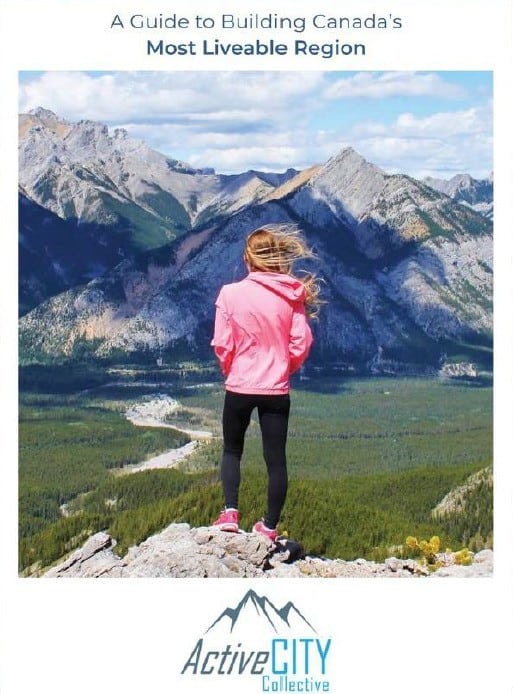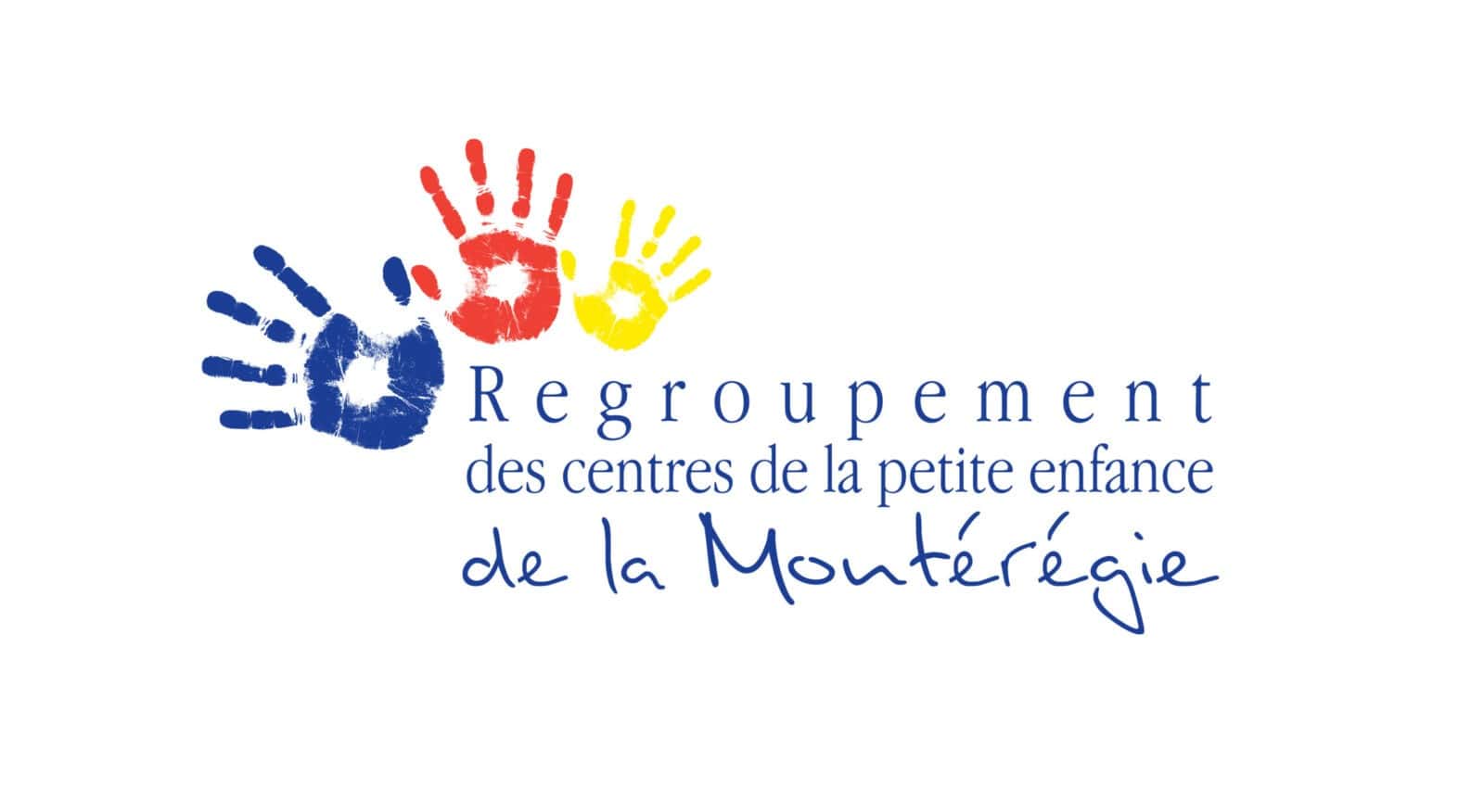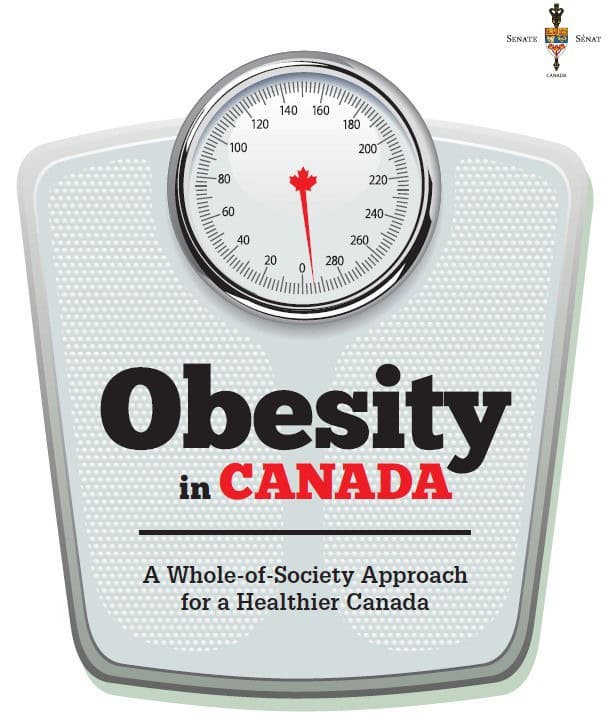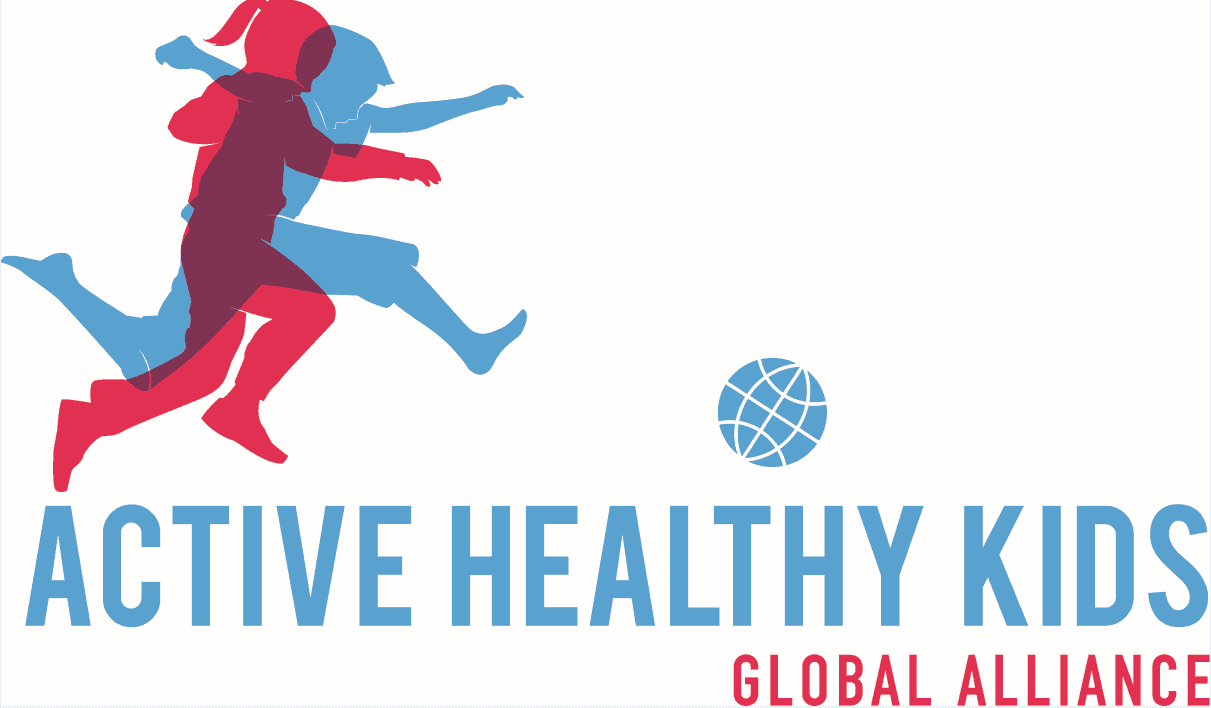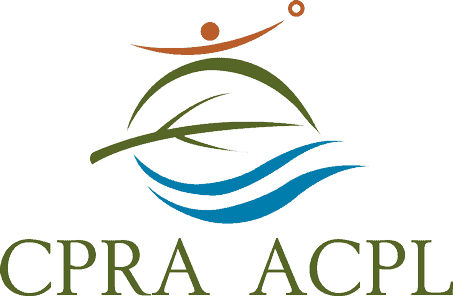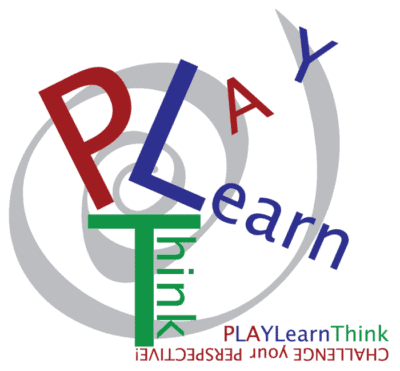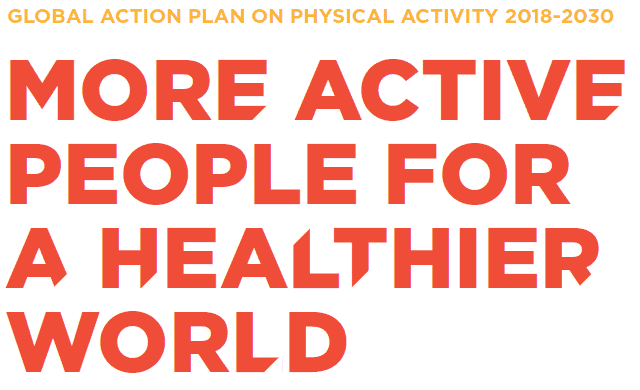Right to Play: A fundamental necessity for healthy development!
Right to Play: A fundamental necessity for healthy development! is a fact sheet co-published by the Canadian Coalition for the Rights of Children and International Play Association Canada that outlines areas of action to promote children's play. Areas of action include: Promoting awareness among parents, caregivers, education professionals, recreation leaders, planners, decision makers on the importance...



